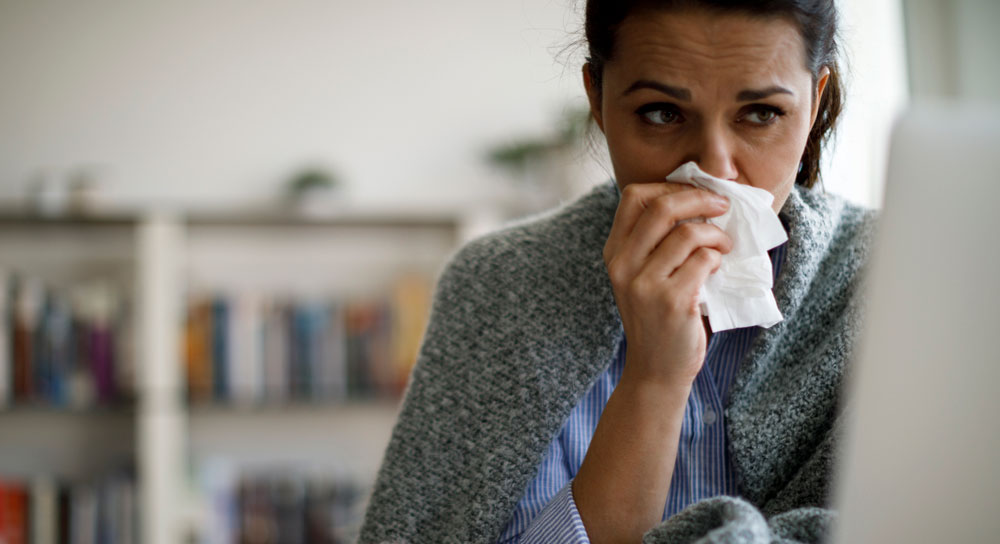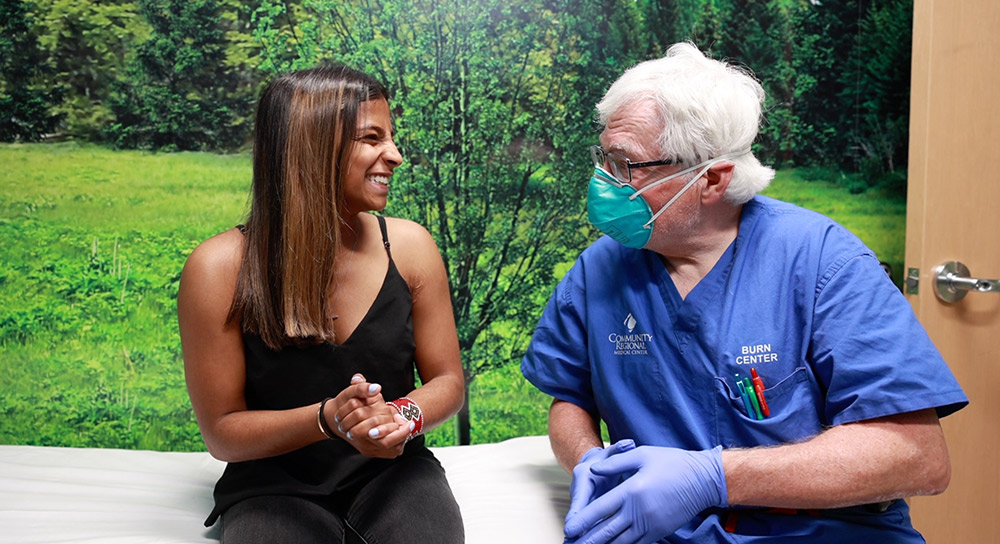While COVID-19 is getting lots of attention this year, and deservedly so, flu season is an annual concern that medical experts continue to take seriously. Flu cases regularly mean a rise in hospital emergency visits, and can result in serious complications and in some cases, death. The Centers for Disease Control and Prevention (CDC) estimates that as many as 62,000 Americans may have died from the flu in the 2019-2020 flu season.
Take these three steps to keep flu at bay
1. Get the flu vaccine.
CDC recommends everyone six months of age and older get the flu vaccine every flu season. The flu shot can be found through your primary doctor’s office, many retail pharmacies and other clinics.
Did you know getting the flu vaccination every year has a cumulative effect? The flu vaccine changes each year to immunize against the variations of the flu virus that are expected to be most prevalent. This means that it helps build your immunity to the different strains of flu which provides you additional protection. A study published in JAMA (Journal of the American Medical Association) showed that children who were vaccinated two years in a row were more protected than if they had only received a single vaccination against the flu. The same effect was found in a study of seniors, according to the Canadian Medical Association Journal.
2. Keep it clean (this helps keep you safe from COVID-19, too).
Start by washing your hands often with soap and water and lathering for at least 20 seconds. If those aren’t available, use an alcohol-based hand sanitizer.
Cover your coughs and sneezes. Masking helps. If you’re not wearing a mask, be sure to cover your nose and mouth with a tissue then throw it in the trash. Also, remember to avoid touching your eyes, nose, and mouth; germs spread this way. Keep commonly-touched surfaces clean and disinfected with household disinfectants. Don’t forget those surfaces that might go unnoticed: light switches, door and cabinet knobs, and electronic devices like your cell phones.
3. Keep your distance (also helpful to prevent the spread of the COVID-19 virus).
If you’re sick, avoid close contact with others and stay home as much as possible to prevent the spread of the flu virus. If you’re not sick, avoid close contact with those who have flu symptoms. But also be aware that people can infect you before they begin to show symptoms.
Common signs of the flu
The flu can be sneaky. Most healthy adults with the flu may be able to infect others one day before symptoms develop and up to five to seven days after becoming sick, according to the CDC. Symptoms can begin about two days after the virus enters the body (but can range from one to four days). This means that you may be able to pass on the flu to someone else before you know you are sick, or while you are sick. Also, some people can be infected with the flu virus but have no symptoms and still spread the virus to others.
Common flu symptoms are:
-
Fever/chills
-
Headache
-
Cough
-
Sore throat
-
Runny or stuffy nose
-
Muscle or body aches
-
Fatigue (tiredness)
It’s important to note that people who have the flu may feel some or all of the above symptoms. Flu symptoms are very similar to other viral illnesses such as COVID-19 or the common cold and it’s difficult to identify which virus a person may have based on symptoms alone.
Sometimes flu complications happen just when you’re starting to feel a bit better. These secondary problems could be a severe sinus infection, ear infection, pneumonia or heart problems. Talk to your primary care doctor if these show up.


.jpg)

.jpg?language=en-US)
